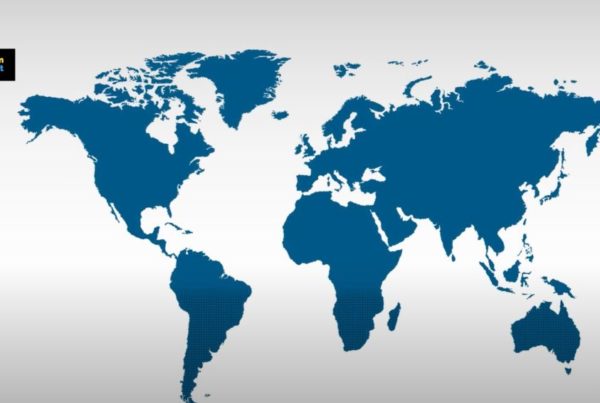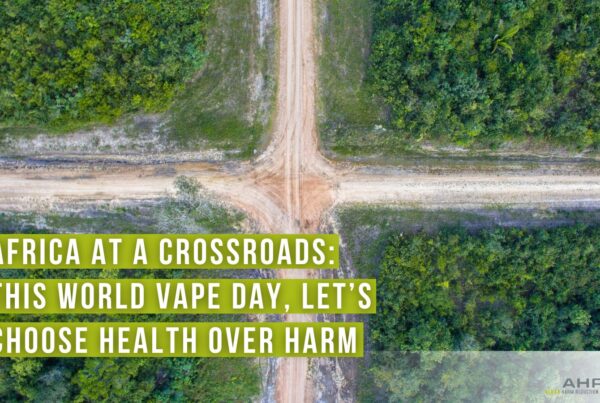The 2024 theme, “It’s still in our hands to combat poverty and inequality,” resonates deeply with Mandela’s lifelong commitment to human rights and justice for all.
Nelson Mandela Day observed every July 18th, is an excellent time to remember that human rights belong to all. Established by the United Nations in 2009, this particular day honours the life and legacy of Nelson Mandela, an iconic human rights advocate.
While significant strides have been made since his time, the challenges of human rights and inequality persist. A lack of access to adequate smoking cessation services in low and middle-income countries, for instance, has exposed global disparities and the need to bridge the gap.

Ultimately, we need fundamental reform of policies around smoking cessation, especially in Africa. We must support developing countries with concrete steps we can take today. Often, human rights considerations are neglected in the development of laws around tobacco control.
A human rights approach to ending smoking is unique because it implores or requires policymakers to protect smokers by implementing policies and strategies to end the smoking epidemic based on legally binding human rights norms.
Everyone, whatever their activity or behaviour, shares the same entitlement to the highest attainable level of health; harm reduction practices are means by which countries can create the environmental, social, cultural, and legal conditions to enable all persons to enjoy this level of health.
As we mark Mandela Day, remember that the right to health underpins the right to tobacco harm reduction.
“What counts in life is not the mere fact that we have lived. It is what difference we have made to the lives of others that will determine the significance of the life we lead.” – Nelson Mandela
THR Topics
Popular Posts
Quick Links
Women in THR
Related Posts
 Letter to the World Health Organization (WHO)
Letter to the World Health Organization (WHO)
Letter to the World Health Organization (WHO)
 Public Health implications of vaping in Germany
Public Health implications of vaping in Germany
Public Health implications of vaping in Germany
 Public Health implications of vaping in the United States of America
Public Health implications of vaping in the United States of America








